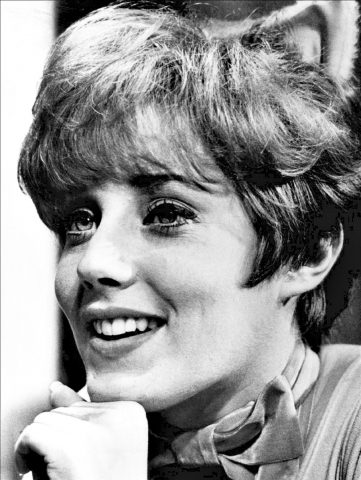When Lesley Gore passed away in February, headlines around the world read that the “It’s My Party” singer had died. That number-one smash from 1963 was what many people associated with Gore. While understandable, such an incomplete epitaph is unfortunate. She was far from a one-hit wonder, with an impressive 19 Billboard Top 100 songs from 1963-1968. And she was much more than a pop star.
As music interests changed in the late ‘60s, Gore reinvented and recharged her career. She moved to California in the ‘70s and began crafting a songwriting library. Along with lyricist Ellen Weston, Gore wrote songs much different from her old hits. Someplace Else Now (1972) was an album dealing with serious subjects, demonstrating that Gore was indeed at a different place. That album was followed in 1976 by Love Me By Name, co-written with Weston and produced by Quincy Jones. Notable tracks include the title cut, later recorded by Dusty Springfield, Patti Austin, Jennifer Holiday and others. Neither of Gore’s ‘70s albums saw commercial success, in part because they were such a stark contrast and radical departure from her teen-oriented tunes. However, they helped establish Gore as a talented songwriter. In 1980 she was nominated for an Oscar for co-writing “Out Here on My Own” from the movie Fame.
Gore returned to New York in the ‘80s and began performing again, introducing new compositions that were well-received by audiences. In the late ’90s she appeared on Broadway in Smokey Joe’s Café. Gore released Ever Since in 2005, three songs from which enjoyed exposure in television and movies: “Better Angels” in CSI: Miami, “Words We Don’t Say” in The L Word and “It’s Gone” in Flannel Pajamas.
Gore’s path from teen stardom to respected songwriter also deepened her commitment to other interests. She championed women’s rights, using her 1964 hit “You Don’t Own Me” as background music for a PSA, encouraging women to get out and vote. She never deliberately hid her sexual orientation throughout the years, either. She publicly came out in 2005 when she hosted the PBS show In the Life. Another special interest for Gore was helping children. She worked with the Kids-Helping-Kids mentoring program at Health People in the South Bronx. She helped with their positive message of self-respect, a YouTube music video called ”Pull Your Pants Up”.
After Gore’s death, countless tributes from her contemporaries appeared on social media.
Lesley Gore was a singer, songwriter, activist and humanitarian—a star who will continue to shine brightly through her music and glow in the hearts of everyone whose lives she touched. And that’s a legacy that reaches far beyond “It’s My Party.”


What Do You Think?